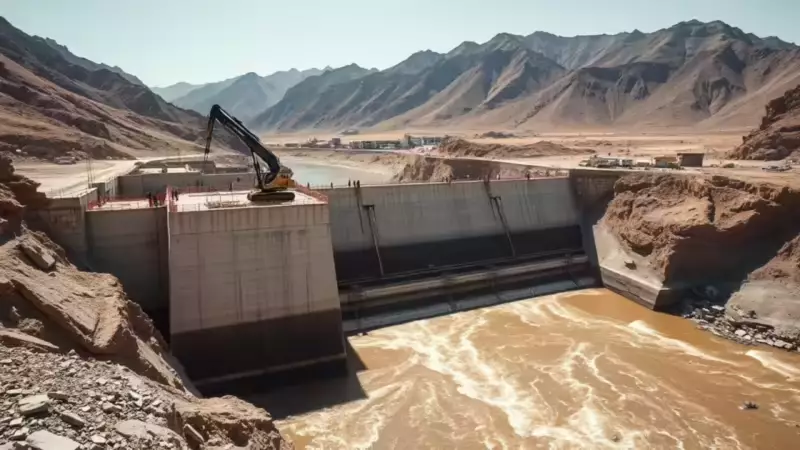
Pakistan is staring at an unprecedented water catastrophe that could cripple the nation's agriculture, drinking water supply, and hydroelectric power generation. The crisis stems from India's recent decision to suspend water flow under the longstanding Indus Water Treaty, creating what experts are calling a perfect storm for Pakistan's water security.
The Ticking Time Bomb: What's at Stake?
The suspension affects critical water channels that Pakistan heavily depends on for multiple essential services. Here's what's facing imminent threat:
- Agricultural Collapse: Vast farming regions dependent on irrigation face potential crop failure
- Drinking Water Scarcity: Millions could be left without reliable access to clean drinking water
- Power Generation Crisis: Hydroelectric plants may struggle to meet electricity demands
- Economic Fallout: Agriculture-dependent industries and exports could suffer massive losses
Understanding the Indus Water Treaty Breakdown
The Indus Water Treaty, signed in 1960 and brokered by the World Bank, has governed water sharing between India and Pakistan for over six decades. The treaty allocates the waters of three eastern rivers to India and three western rivers to Pakistan. India's current suspension represents one of the most significant challenges to this longstanding agreement.
Immediate Impact and Long-term Consequences
Experts warn that the situation could escalate rapidly into a full-blown humanitarian crisis. "We're looking at potentially devastating consequences for food security, public health, and economic stability," noted a water resource analyst familiar with the region.
The timing couldn't be worse for Pakistan, which already faces multiple economic challenges. The water shortage threatens to exacerbate existing problems and create new ones across multiple sectors.
Regional Implications and Diplomatic Fallout
This development marks a significant escalation in cross-border tensions and could have far-reaching implications for regional stability. The situation puts additional strain on already delicate India-Pakistan relations and raises questions about the future of water-sharing agreements in South Asia.
International observers are closely monitoring the situation, concerned about potential ripple effects that could extend beyond immediate water scarcity issues.





